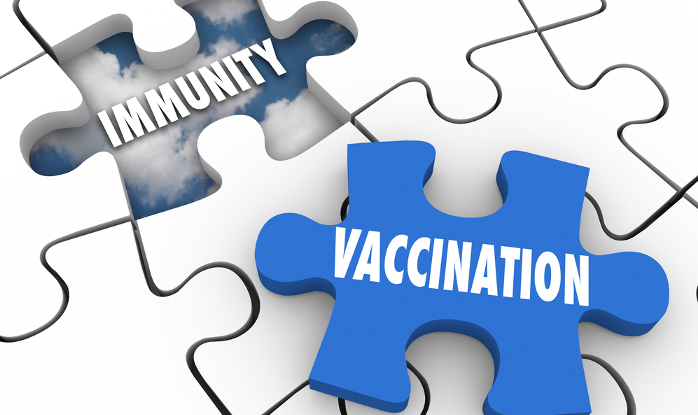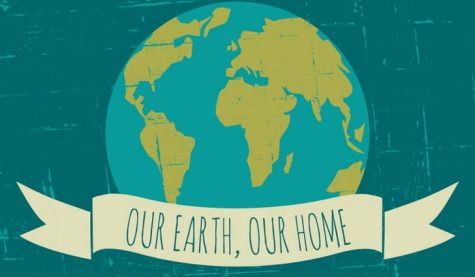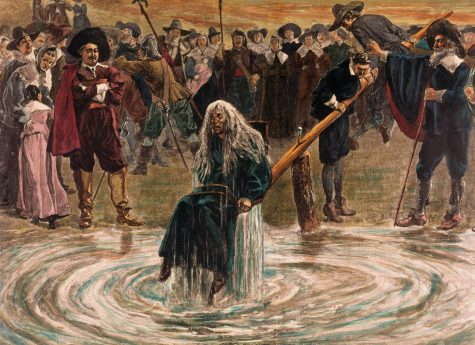Shea’s Health Corner: Vaccination Importance
From the day you are born to the day you die, vaccinations are a key important part of living a healthy day to day life. When we are born we are vaccinated for diseases such as polio, measles, mumps, RSV and a handful of other diseases that could potentially be fatal. As life goes on, we get vaccinated for more diseases that affect us even more as adults such as the flu, tetanus, HPV, measles and other diseases. Children’s vaccinations are the most important thing to do to protect yourself and your children in order for everyone to live healthy, happy lives.
Vaccinating children is important because vaccinations protect them from serious illnesses and complications of vaccine-preventable diseases. They can prevent future amputation/paralysis of a limb, hearing loss, convulsions, brain damage or even death. If children aren’t vaccinated, they can spread diseases to other children who are too young to be vaccinated, or to people with weakened immune systems. With vaccinations, they can prevent foreign disease and the spread of it throughout the country. For an example, if they come into contact with a traveler who recently went to the Congo and received the Zika Virus, they can now be immune to the virus by being vaccinated. These vaccinations allow for children’s bodies to become immune to diseases that could potentially be fatal to themselves and/or others and is the way the body prevents diseases.
The first time a child is infected with a specific antigen (for instance, the measles virus), the immune system produces antibodies designed to fight it. This takes time and usually the immune system cannot work fast enough to prevent the antigen from causing disease, so the child still gets sick. However, the immune system “remembers” that antigen. If it ever enters the body again, even after many years, the immune system can produce antibodies fast enough to keep it from causing disease a second time. Vaccines contain the same antigens (or parts of antigens) that cause diseases. For example, measles vaccine contains measles virus. But the antigens in vaccines are either killed, or weakened to the point that they don’t cause disease. However, they are strong enough to make the immune system produce antibodies that lead to immunity. In other words, a vaccine is a safer substitute for a child’s first exposure to a disease. The child gets protection without having to get sick. Through vaccination, children can develop immunity without suffering from the actual diseases that vaccines prevent.
Vaccinations are so important to every person as they help maintain healthy lives for children and adults. They allow for children to become immune to diseases that could potentially be fatal to themselves, or spread onto others around them. Every year, new vaccinations are being discovered and therefore, the future is bright when it comes to the innovation of new vaccines.












